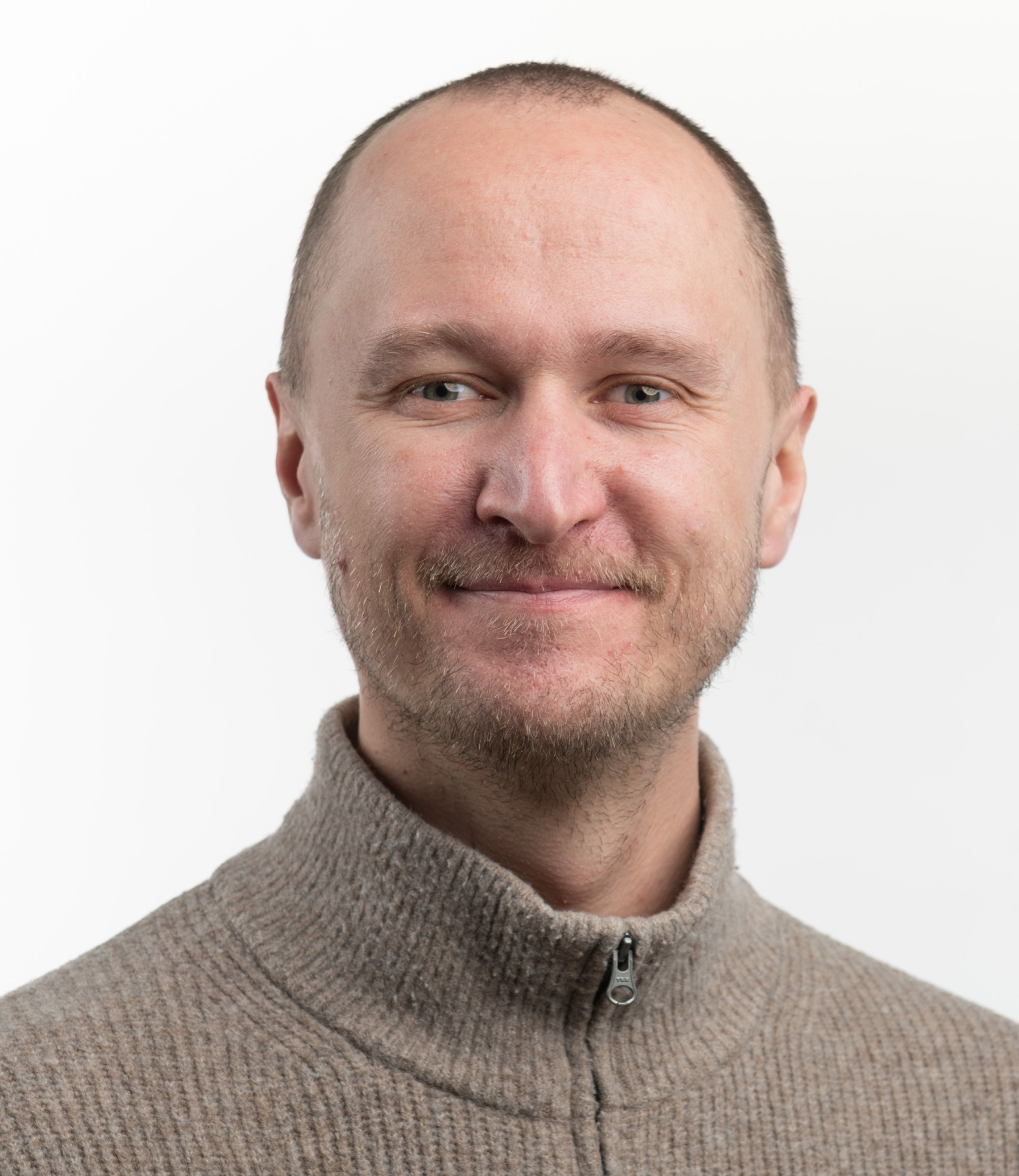Werner Dobrautz
DRESDEN-concept Research Group Leader at the Center for Advanced Systems Understanding (CASUS) at HZDR and the Center for Scalable Data Analytics and Artificial Intelligence (ScaDS.AI) at TU Dresden

Research
Since December 2024, I am a DRESDEN-concept research group leader jointly appointed at the Center for Scalable Data Analytics and Artificial Intelligence (ScaDS.AI) in Dresden and the Center for Advanced Systems Understanding (CASUS) in Görlitz. In my current role, I am building the AI 4 Quantum research group that focuses on developing a synergistic HPC+QC approach aided by novel artificial intelligence/deep machine learning methods to enable the computational study of complex quantum systems relevant to the green energy transition. Additionally, my current research focuses on developing innovative quantum Monte Carlo methods and novel quantum computing algorithms to enable realistic electronic structure calculations for strongly correlated electron problems on high-performance computing hardware and near-term quantum computing devices.
Background
I studied technical physics at Graz University of Technology, specializing in computational solid-state physics. I obtained my PhD in computational quantum chemistry at the Max Planck Institute for Solid State Research and the University of Stuttgart in 2019. My research during my PhD focused on developing innovative quantum Monte Carlo methods in a high-performance computing (HPC) setting to solve strongly correlated electron problems. From 2021 until the end of 2024, I was a Marie Skłodowska-Curie Postdoctoral Fellow at Chalmers University of Technology in Gothenburg, Sweden. My research at Chalmers University and the Wallenberg Centre for Quantum Technologies (WACQT) focused on developing novel quantum computing algorithms to enable realistic electronic structure calculations on current and near-term quantum computing (QC) devices.
I have a strong knowledge of various modern theoretical and computational quantum chemistry and physics methods. I acquired extensive conventional algorithm design and development expertise as the main developer of the publicly available full configuration interaction quantum Monte Carlo (FCIQMC) code NECI during my Ph.D., as well as and quantum computing expertise during my PostDoc at WACQT.
Information
Read more about our group’s research here and if you are interested in joining us have a look at our current PhD and PostDoc openings!
We welcome inquiries from potential new group members and collaborators! Feel free to contact us! Prospective PhD students and Postdoctoral researchers can explore current and future opportunities here.